Search wars: Google's new challenge from AI
How will Microsoft even things up?
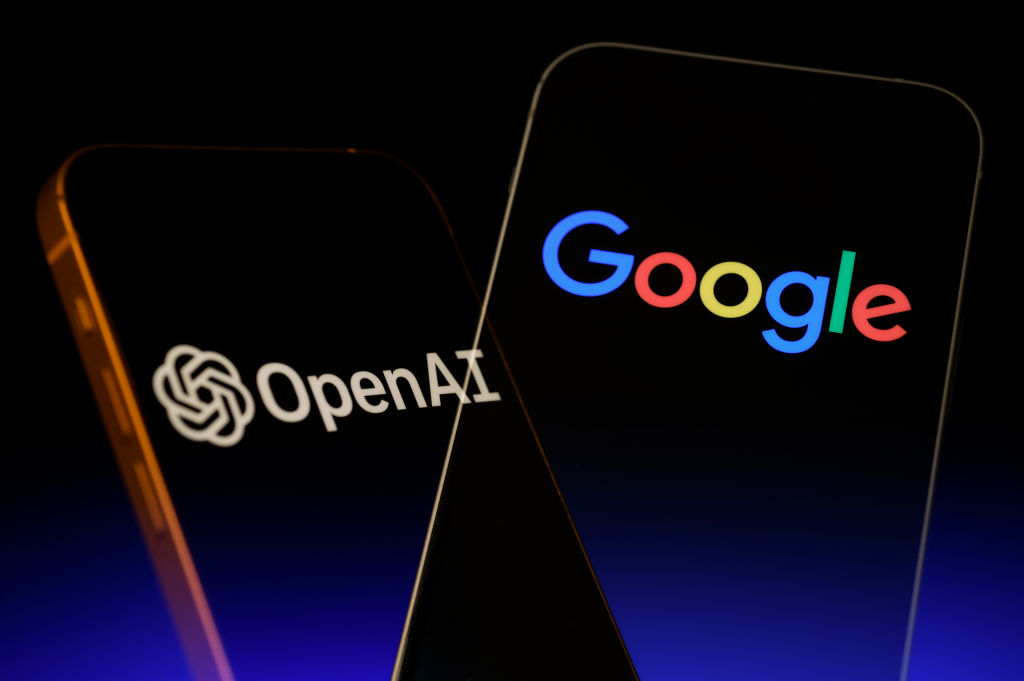
A free daily email with the biggest news stories of the day – and the best features from TheWeek.com
You are now subscribed
Your newsletter sign-up was successful
The smartest insight and analysis, from all perspectives, rounded up from around the web:
Google showed off its "homegrown rival" to the AI chatbot ChatGPT last week, said Sam Schechner and Miles Kruppa in The Wall Street Journal, and Bard, as it's been named, may have given the most expensive wrong answer ever on a science quiz. In response to a question about the James Webb Space Telescope, Bard said that the telescope had taken "'the very first pictures' of an exoplanet outside the solar system" — which was simply untrue. (The first pictures of an exoplanet were taken by another telescope in 2004.) Shares in Google's parent company, Alphabet, promptly fell 7.7 percent, erasing about $100 billion in value. It was an inauspicious start for Google in the high-stakes "war over the commercial potential of generative AI."
AI-powered search poses existential questions for Google, said Richard Waters and Madhumita Murgia in the Financial Times. By creating real competition, it threatens "to demolish the high profit margins that have underpinned Google's core business." Microsoft, a cornerstone investor in ChatGPT creator OpenAI, has already integrated the AI technology into its Bing search engine. "Microsoft poured billions of dollars into challenging Google in the early days of search but could not make a dent in its dominant position." Now, though, AI threatens to turn the tables, and Microsoft CEO Satya Nadella says that the Seattle giant is willing to do whatever it takes to even the playing field — even if AI-powered search means less advertising, less time searching, and less money across the board. In my early testing, the OpenAI-assisted Bing is "smart — really smart," said Joanna Stern in The Wall Street Journal. The searches gave me clear answers and saved me time on questions like "Do you know if Beyoncé is touring?" That said, Microsoft has ground to make up. To make sure Bing's answers were accurate, I resorted to an old habit: I checked Google.
The Week
Escape your echo chamber. Get the facts behind the news, plus analysis from multiple perspectives.

Sign up for The Week's Free Newsletters
From our morning news briefing to a weekly Good News Newsletter, get the best of The Week delivered directly to your inbox.
From our morning news briefing to a weekly Good News Newsletter, get the best of The Week delivered directly to your inbox.
"The search wars haven't been this hot since 2009," said Davey Alba in Bloomberg. Google sees that its near-monopoly is finally "under threat." Google executives have described perfecting search "as the 'biggest moon shot' for the company despite being nearly 25 years into the business." But it's not clear whether any of the new products really transform search or just show off a "cheerful, seemingly fluent" AI interface whose novelty will wear off. "The accelerated rollouts of these products appear to be motivated less by their readiness than by FOMO — fear of missing out."
"No one truly knows what AI firepower Google may or may not be sitting on," but it looks like it's falling behind, said Richard Nieva, Alex Konrad, and Kenrick Cai in Forbes. Now it's forced into making trade-offs to catch up. Google has even said that it's willing to increase the risk it takes in bringing the technology to market — "a stunning admission for a big tech company so closely scrutinized for toxic content." Google's awkward launch is a "prescient example of the danger of relying on AI models," said Matthew Sparkes in New Scientist. Whether Microsoft or Google wins the race, poorly controlled AI search can open up new possibilities for "creating misinformation on a mass scale."
This article was first published in the latest issue of The Week magazine. If you want to read more like it, you can try six risk-free issues of the magazine here.
A free daily email with the biggest news stories of the day – and the best features from TheWeek.com
-
 Nuuk becomes ground zero for Greenland’s diplomatic straits
Nuuk becomes ground zero for Greenland’s diplomatic straitsIN THE SPOTLIGHT A flurry of new consular activity in the remote Danish protectorate shows how important Greenland has become to Europeans’ anxiety about American imperialism
-
 ‘This is something that happens all too often’
‘This is something that happens all too often’Instant Opinion Opinion, comment and editorials of the day
-
 House votes to end Trump’s Canada tariffs
House votes to end Trump’s Canada tariffsSpeed Read Six Republicans joined with Democrats to repeal the president’s tariffs
-
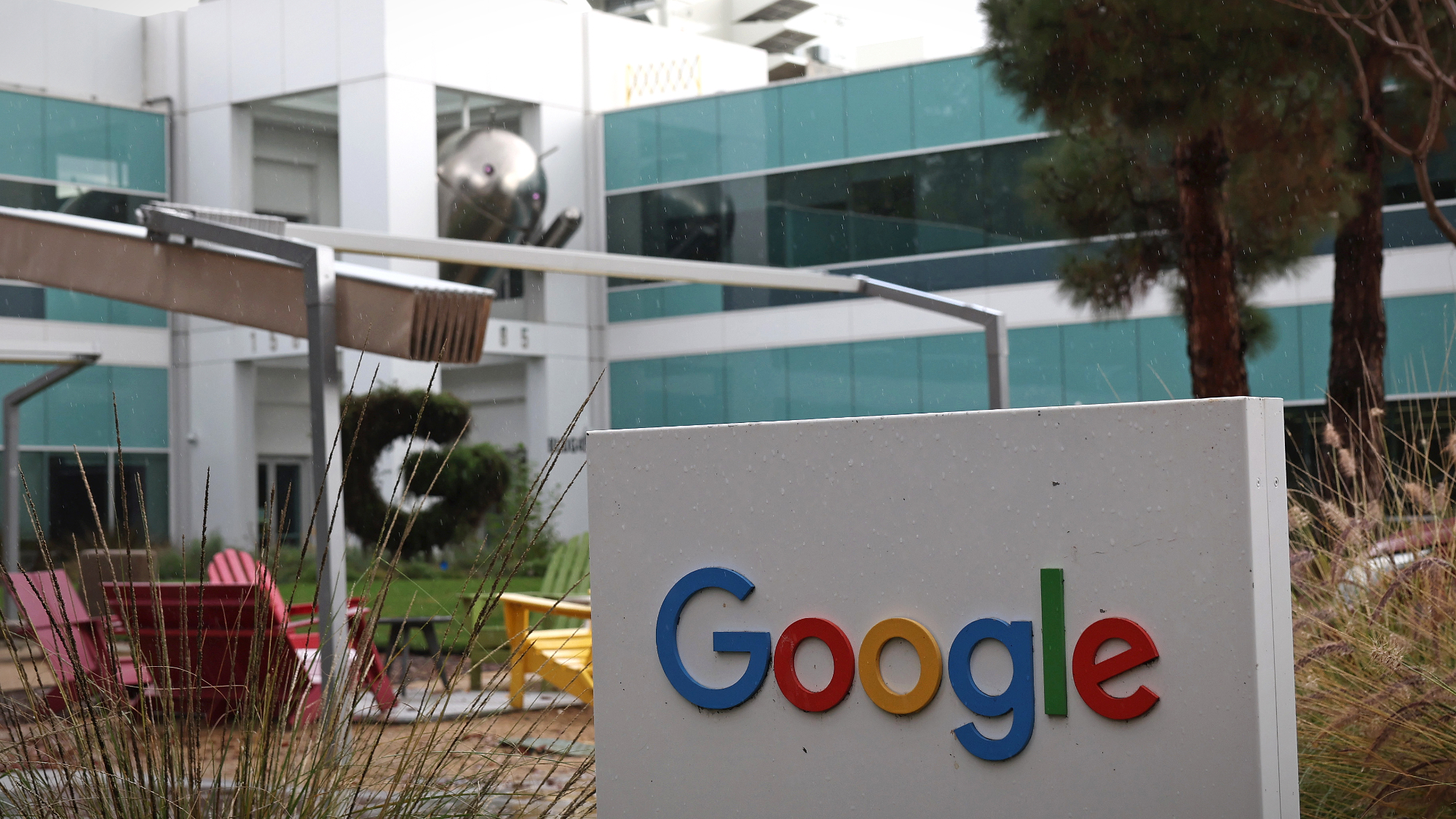 Google loses antitrust suit, declared 'monopolist'
Google loses antitrust suit, declared 'monopolist'Speed Read A federal court has ruled that Google illegally dominated the internet search industry
-
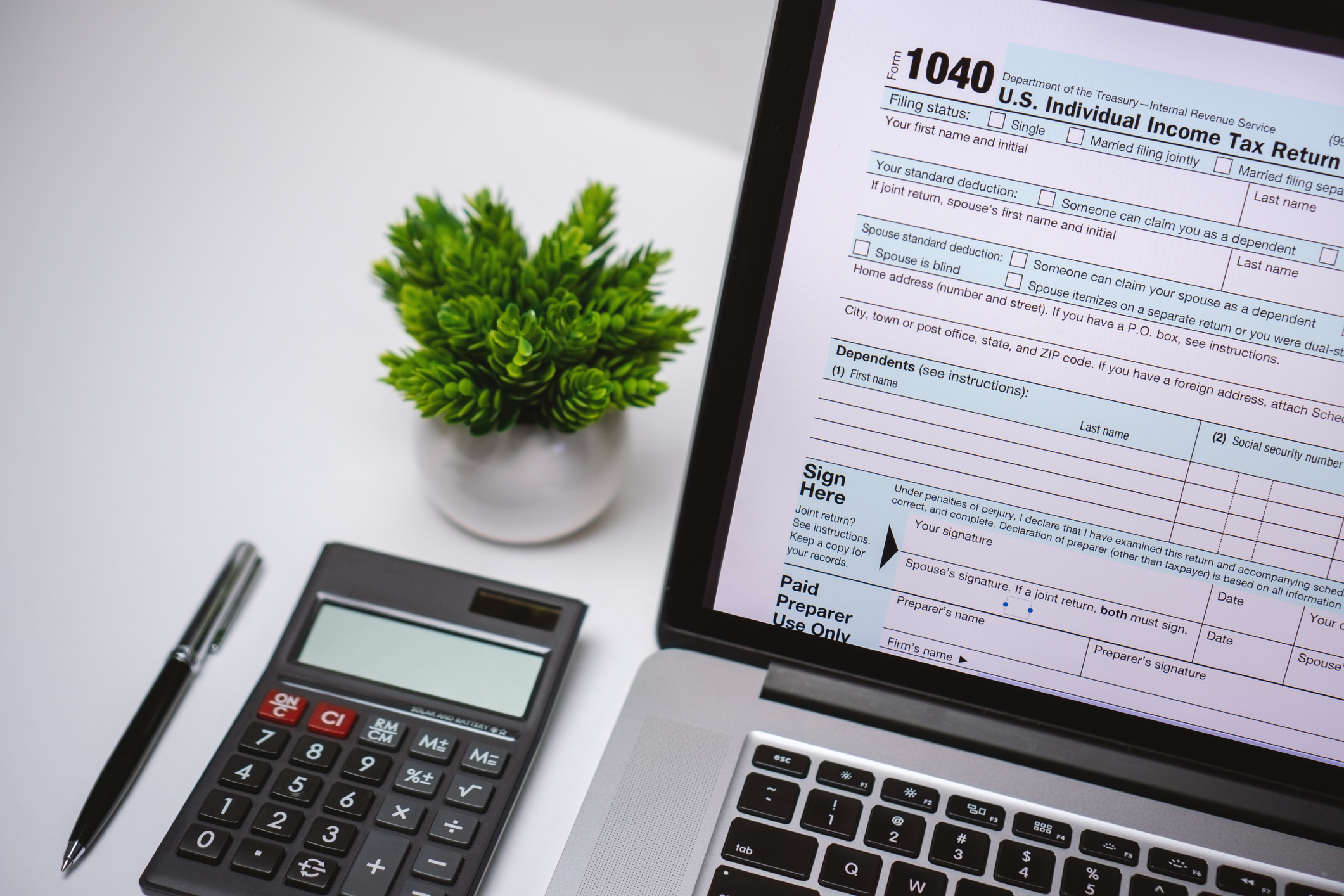 Lawmakers say tax prep companies illegally shared taxpayer data with Meta and Google
Lawmakers say tax prep companies illegally shared taxpayer data with Meta and GoogleSpeed Read
-
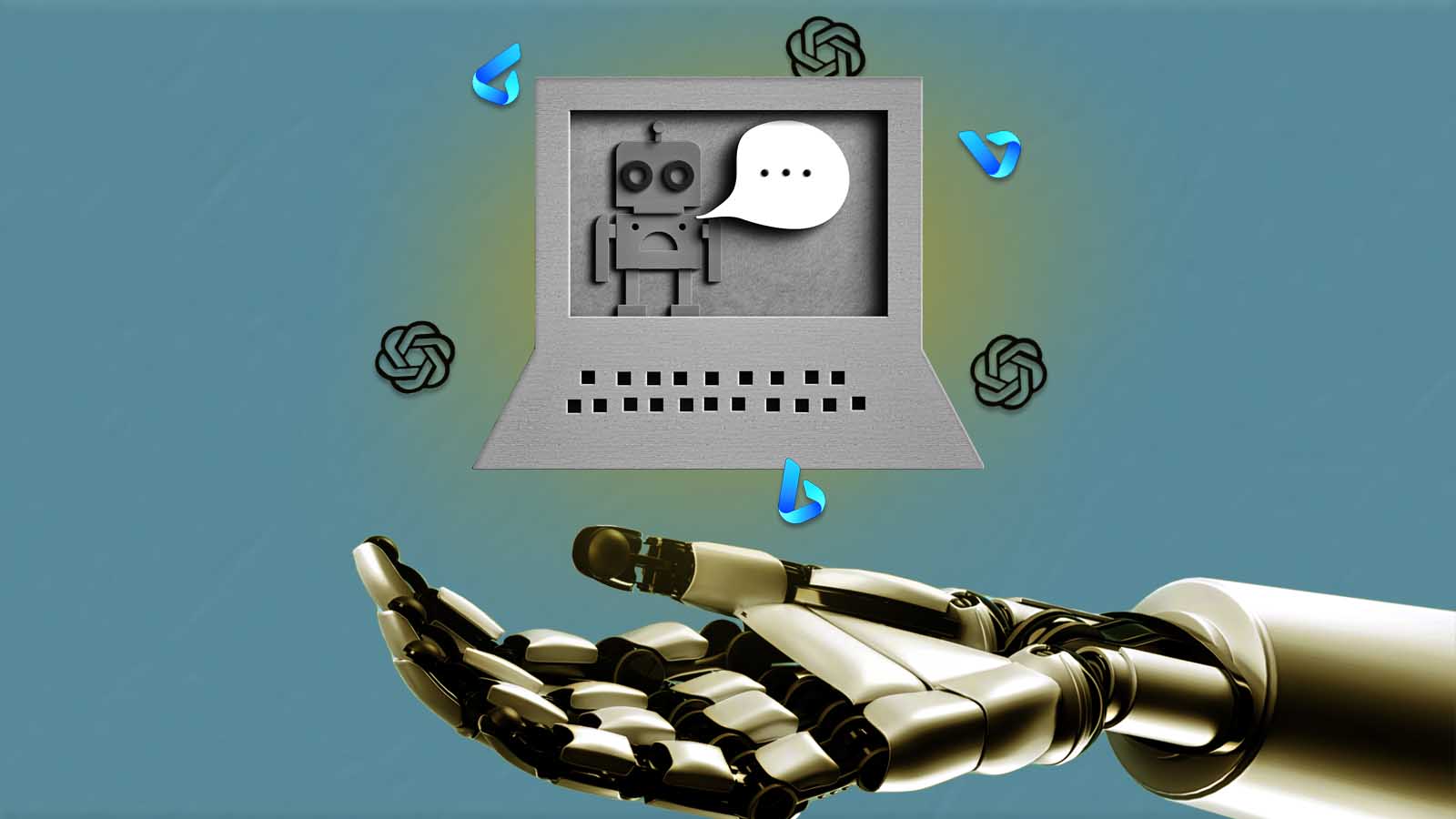 How ChatGPT breathed new life into the internet search wars
How ChatGPT breathed new life into the internet search warsSpeed Read The AI arms race is upon us
-
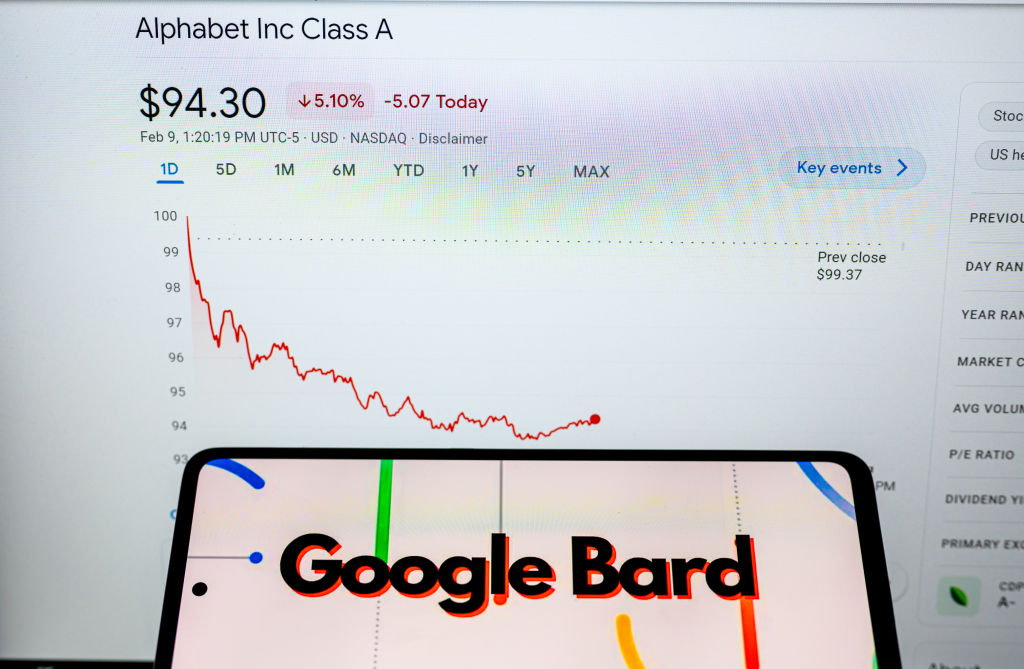 Google didn't believe Bard AI was 'really ready' for a product yet
Google didn't believe Bard AI was 'really ready' for a product yetSpeed Read
-
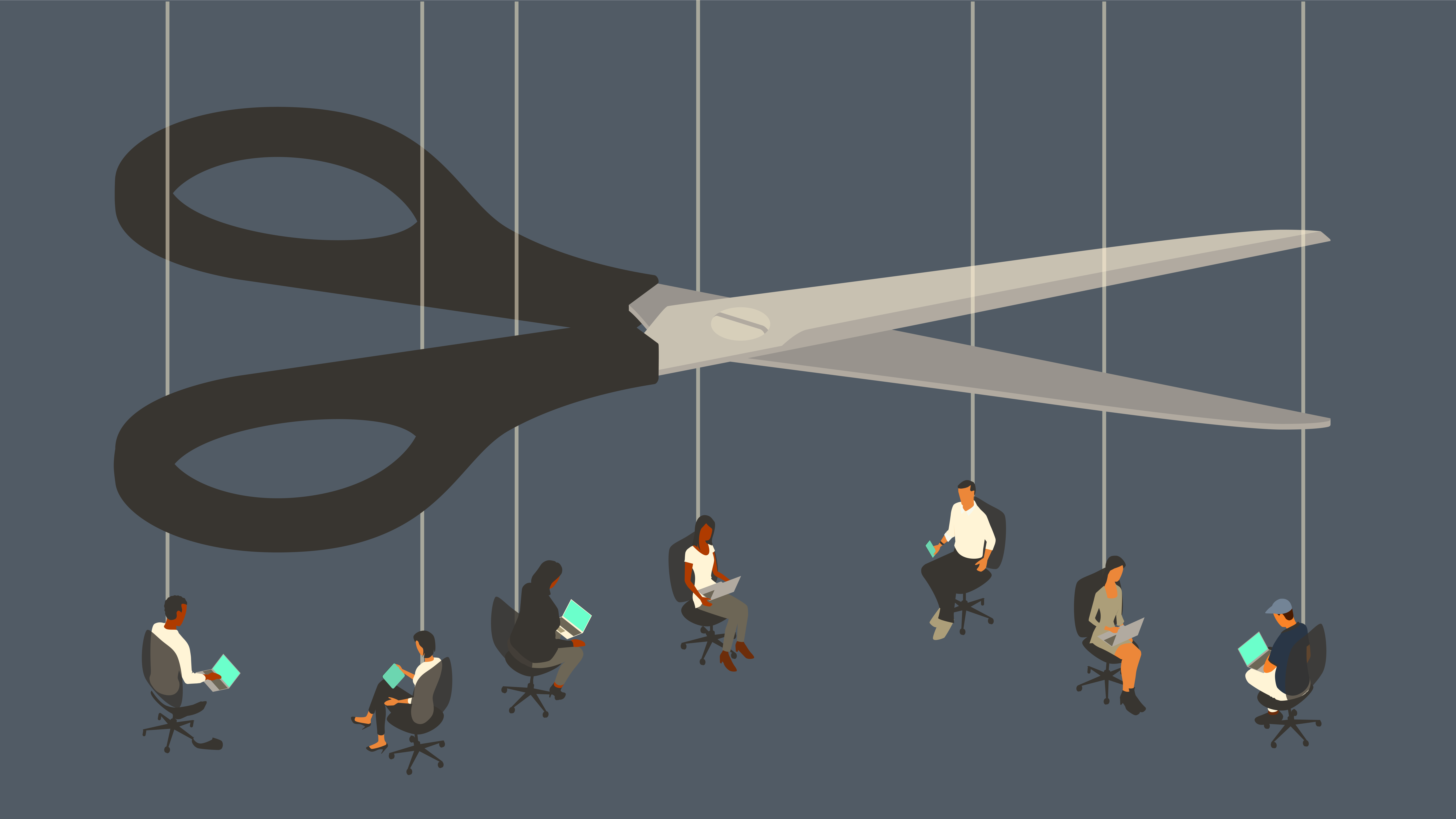 What Big Tech CEOs are saying about their companies' layoffs
What Big Tech CEOs are saying about their companies' layoffsSpeed Read Tech companies are cutting thousands of jobs. Are the top bosses owning up to mistakes or 'sidestepping the blame'?
-
 Will China’s national security crackdown end Hong Kong’s status as a big tech hub?
Will China’s national security crackdown end Hong Kong’s status as a big tech hub?feature Facebook, Twitter and Google threaten to leave over proposed data legislation
-
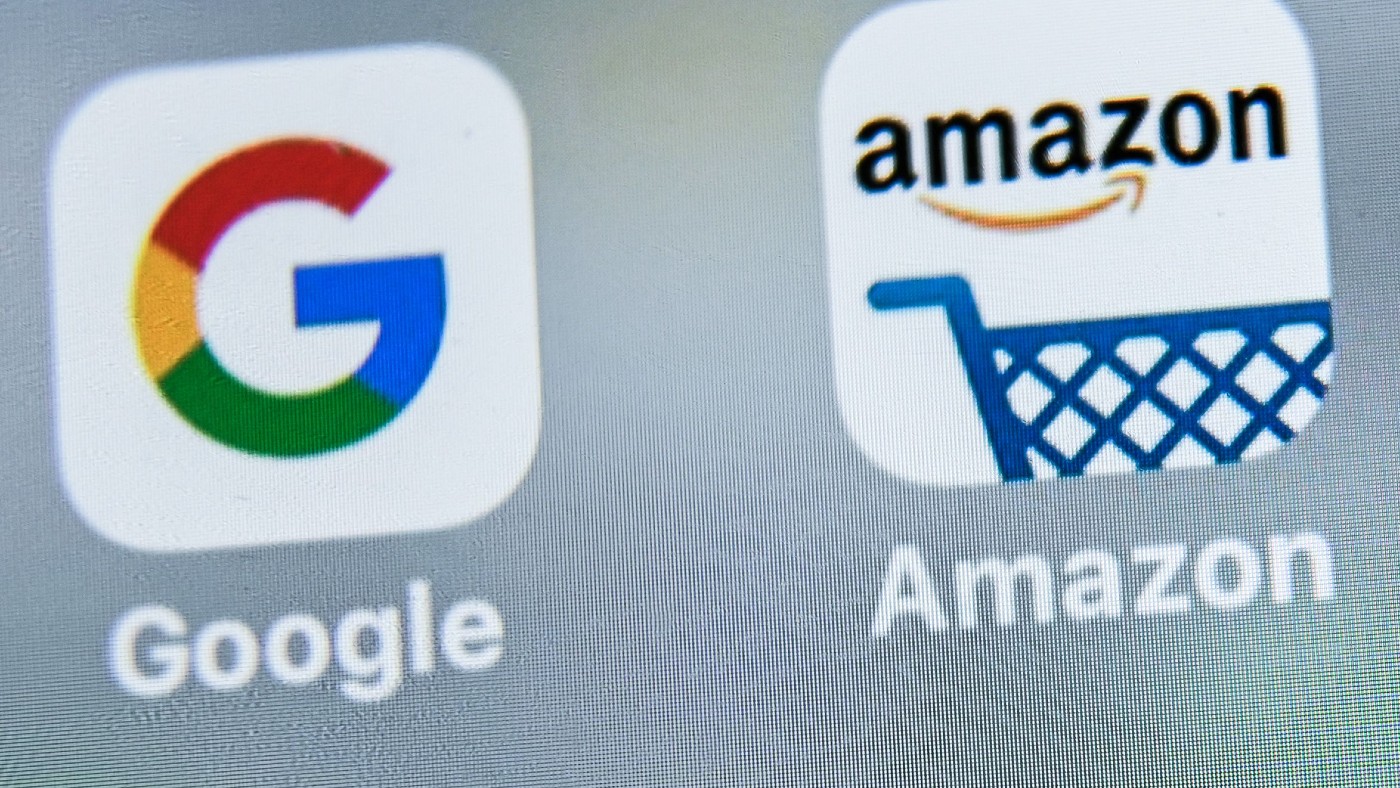 Fake reviews: an industry within an industry
Fake reviews: an industry within an industryIn the Spotlight Amazon and Google are under investigation by UK watchdog the CMA
-
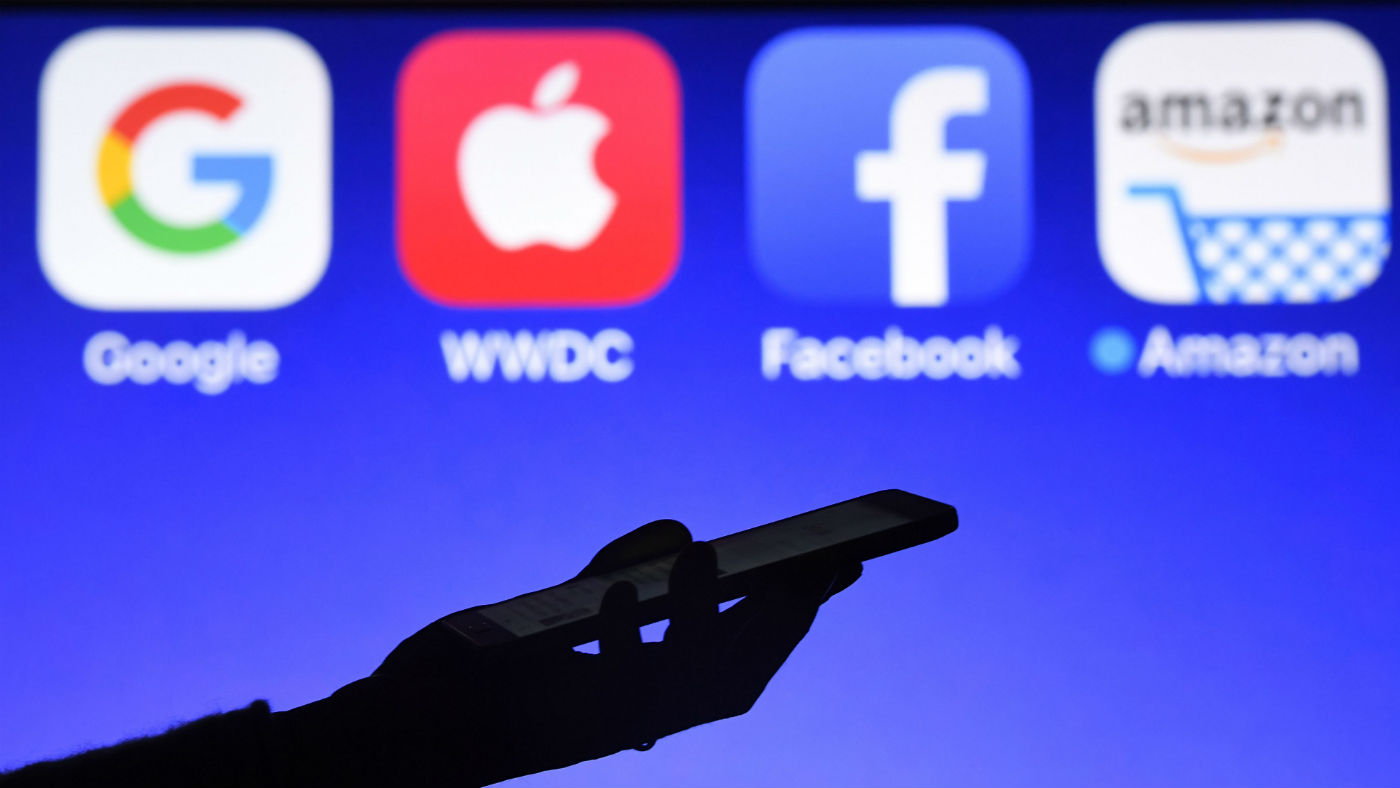 ‘Shameless’ tech giants ‘exploit coronavirus to dodge tax’
‘Shameless’ tech giants ‘exploit coronavirus to dodge tax’Speed Read Industry body calls for government to delay new levy by a year